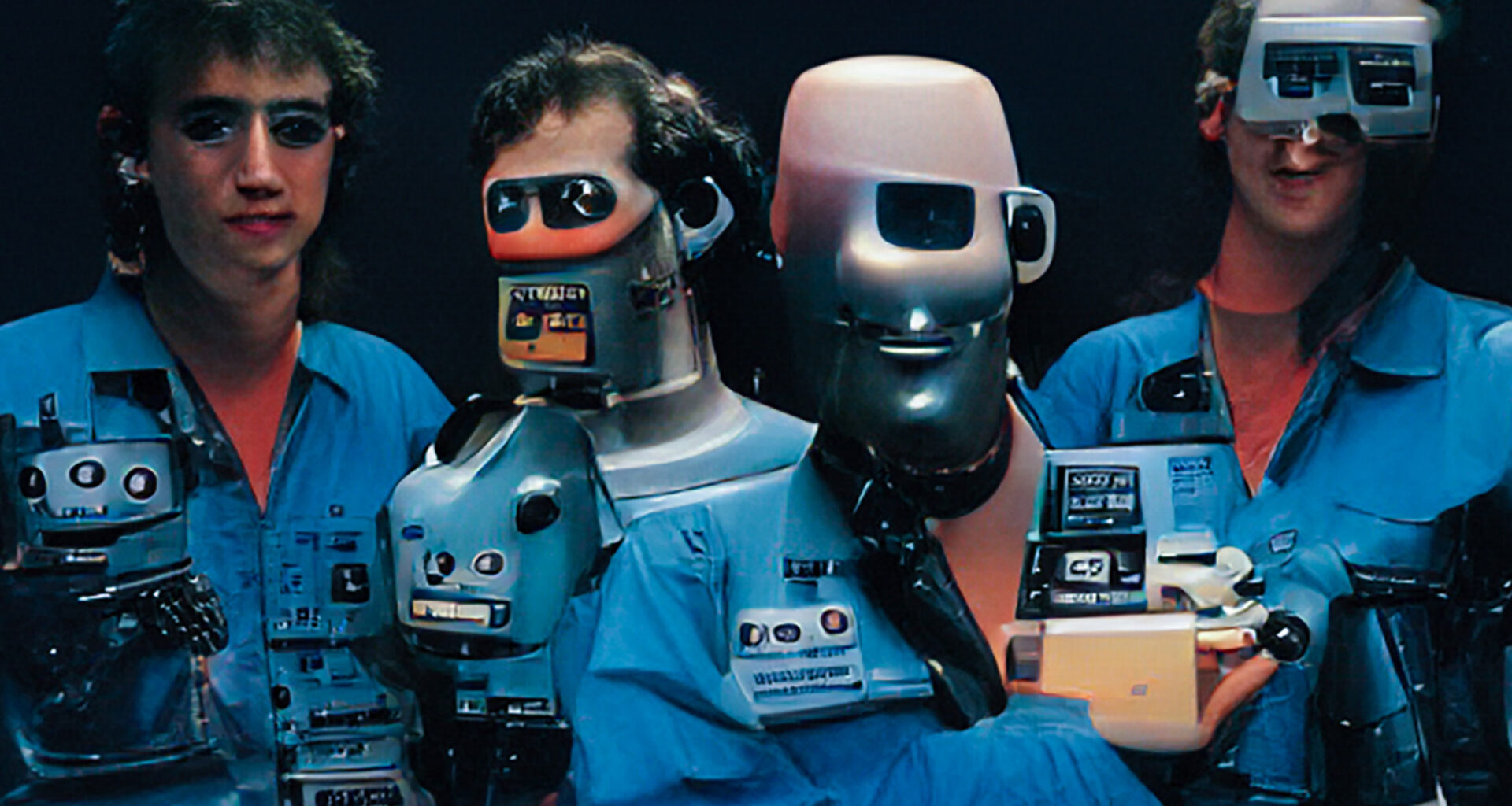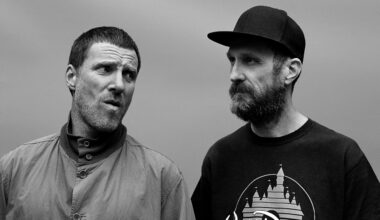Even for a band as restless and creative as Everything Everything, their latest album – the intriguingly titled ‘Raw Data Feel’ – is a huge leap forward, fusing AI-driven experiments, organic sounds and thrilling pop moments
Want to read more?
Sign up to Electronic Sound Premium to gain access to every post, video, special offers, and more. 100%, all you can eat, no commitment, cancel any time.
Already a premium member? Log in here






